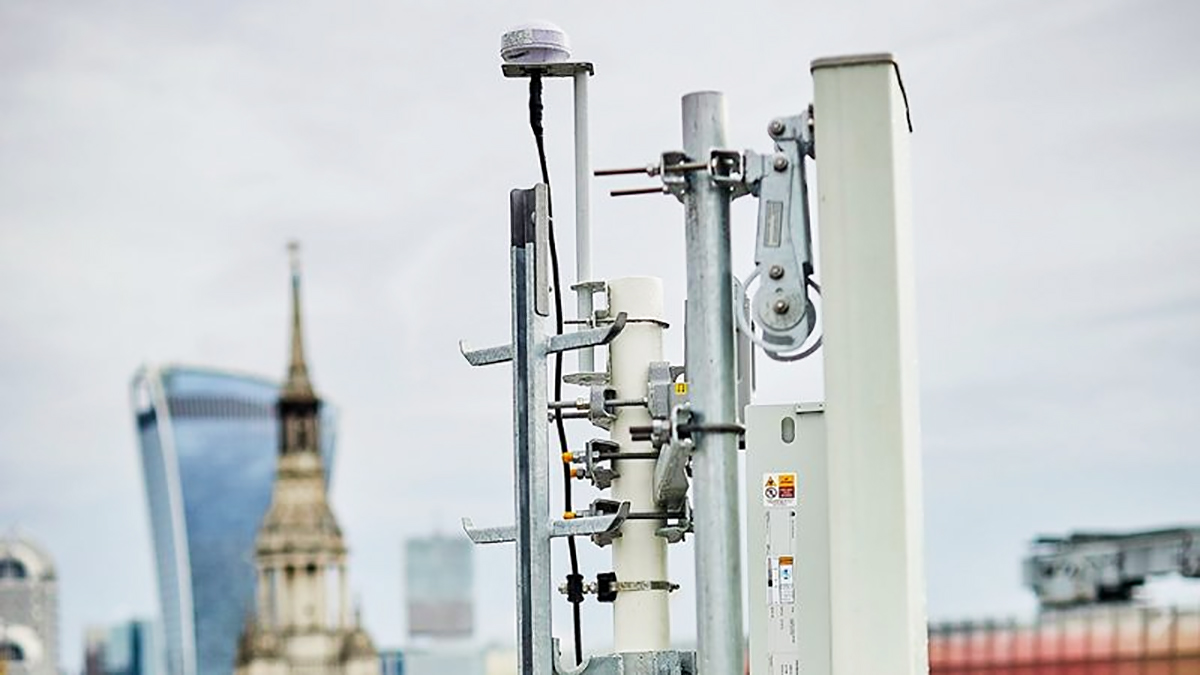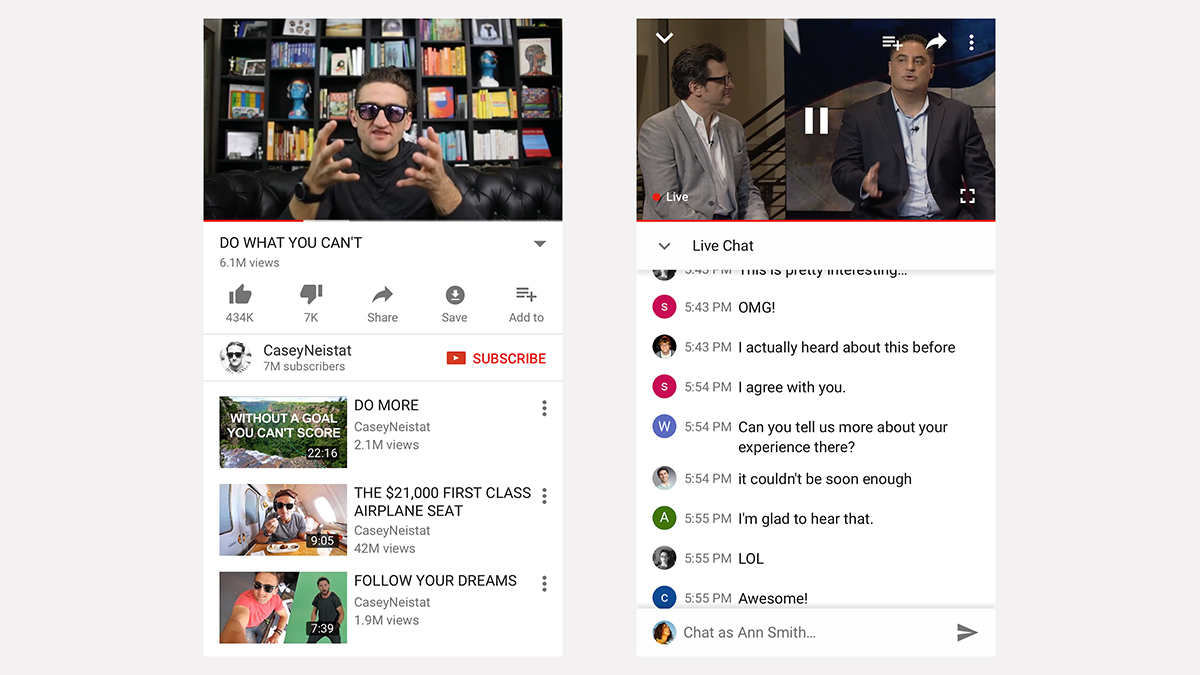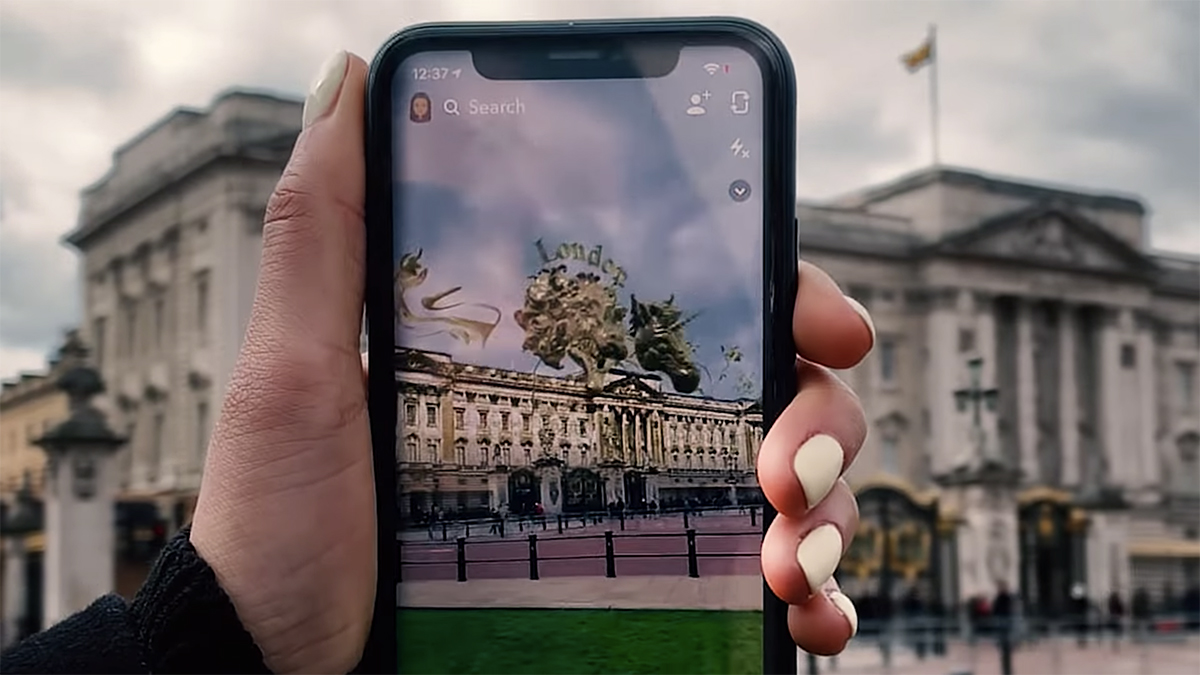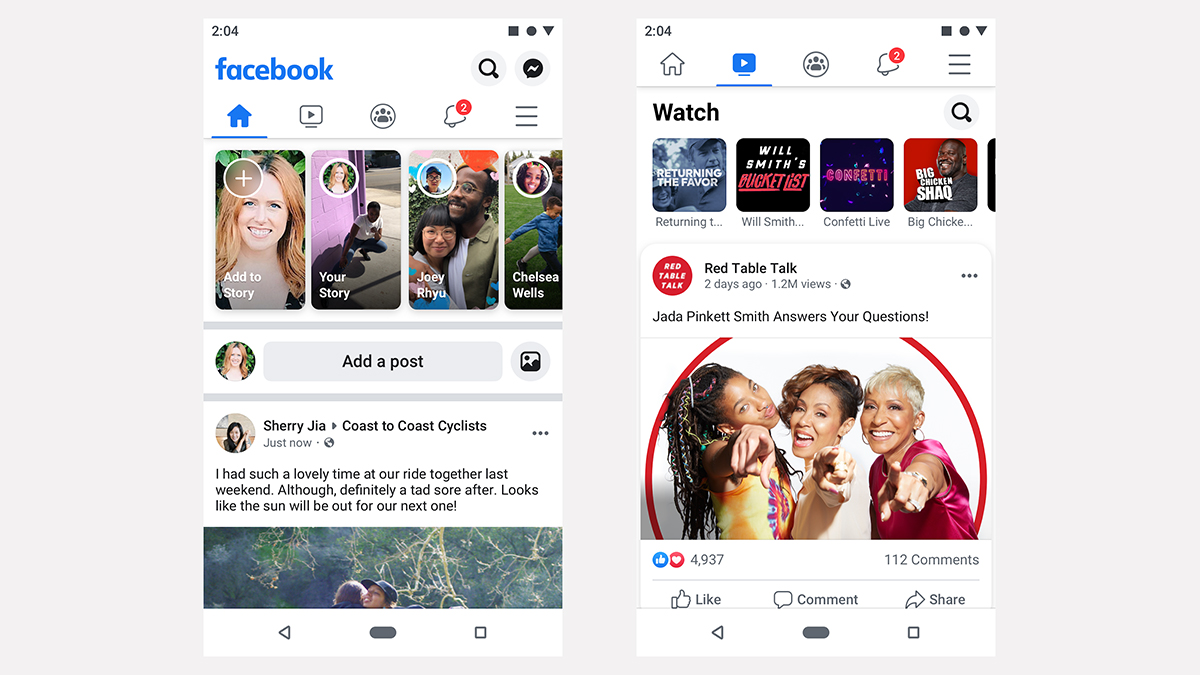Will apps have to change to support 5G?
Opportunities and challenges await

Sign up for breaking news, reviews, opinion, top tech deals, and more.
You are now subscribed
Your newsletter sign-up was successful
5G is coming, as you may have already heard, with the super-fast, super-versatile, next-gen standard for cellular data transfer starting to arrive on phones already. So how is it going to affect the most important part of our phones – the apps that run on top of them?
Will apps need to be rebuilt from the ground up? What new app categories might appear? Will we see the rise of 5G-only apps that need a top level data connection to work? We'll try and answer some of those questions, and we've asked some industry experts for help.
If you're completely new to 5G tech, it's going to usher in a serious step up in data download and upload speeds for phones away from Wi-Fi. This step up will be even more noticeable than the jump from 3G to 4G; 5G speeds could technically reach 100 times those of 4G, although in everyday use the difference is likely to be less noticeable.
5G is also going to substantially reduce latency and improve capacity across mobile networks. More people and more devices can stay connected more of the time, and streaming services like Google Stadia suddenly become very viable indeed.
All of these potential benefits are very exciting... but how is 5G going to affect our phone apps?
5G app potential
First and foremost, 5G represents a big opportunity for app makers – after all, when we've all got over the excitement of running speed tests in 5G-enabled areas, we're going to need some proper apps to run and take advantage of the faster speeds and reduced latency.
"There are lots of interesting opportunities for developing cloud based AI and IoT products with 5G which rely on transferring and processing high volumes of data," Pete Stringer, head of native apps at Degree 53, told TechRadar.
Sign up for breaking news, reviews, opinion, top tech deals, and more.
"It will allow for faster data transfer which can be useful for a number of industries, such as gaming, medicine, automotive or electronics."
Not only will apps be able to access the cloud faster and more reliably, they'll be able to connect to devices that are only online because of 5G – smart cars, smart lampposts, smart devices in the home, and pretty much any other connected gadget you can think of.

You can expect apps to get smarter and more versatile as a result of 5G, and we could even see the arrival of some more app categories that we hadn't thought about before: teleconferencing and AR apps that let you interact remotely in real time.
"5G networks brings great innovation to the entire digital space," Eran Kinsbruner, chief technical evangelist for Perfecto, told TechRadar. "With the new network infrastructure and specification, mobile together with the IoT will deliver much more reliable network communication."
"It will also support advanced apps within critical segments like healthcare to enable remote operations, or smart cities and transportation, as well as smart homes."
Easier access to the cloud means that less needs to be stored on our smartphones themselves – from an AI engine to a whole game running on remote servers, the line between device and cloud is set to be thinner than ever before.
The developer side
The good news for overworked developers, is that the arrival of 5G isn't necessarily going to mean a lot of extra coding work for them. It's largely going to be down to the phone manufacturers, as well as operating systems Android and iOS, to detect and utilize 5G.
5G support is baked right into Android Q, for example. "You can use connectivity APIs to detect if the device has a high bandwidth connection and check whether the connection is metered," explains Google's Dave Burke. "With these your apps and games can tailor rich, immersive experiences to users over 5G."
Facebook and Snapchat aren't suddenly going to get a facelift on a 5G phone and network connection, but video inside these apps will of course start up faster and run more smoothly (even if you're at a packed concert venue).
"I don't think apps would need to change much to support 5G," says Pete Stringer. "The operating system should take care of network connections and developers shouldn't need to build anything to access the 5G capability."

That said, apps will still need to be '5G-ready' – that is, able to tap into any potentially faster connections and to cope with an influx of extra devices that are coming online thanks to the capabilities that the next-gen mobile network offers.
"App security is one example of a potential problem," says Eran Kinsbruner. "App developers will need to ensure that there are no loopholes or other vulnerabilities when connecting from the mobile app to other external platforms."
As Dave Burke's Android Q notes explain, developers will have the opportunity to check for a 5G connection and take advantage of it. That might mean additional quality settings on YouTube or Netflix, or extra features for VR/AR apps, that don't appear on a 4G connection. If apps don't do this, they'll fall back to 4G or 3G speeds as before.
With 5G only just starting to appear in select locations, and phones only just beginning to support the technology, it's still early days for assessing how developers might recode their apps – or whether a 'killer app' might appear that wasn't possible before 5G. Expect lots more innovation in the months and years ahead.
The user side
As far as the user experience goes, apps won't suddenly be dramatically different. What you should see, though, is much faster loading times; anything that needs to be fetched from the cloud, whether it's another frame of video or a menu graphic, should appear in an instant on 5G.
"5G will enhance the user experience when working with augmented reality and virtual reality features, 4K, UHD video streaming, voice-related apps, all of which is delivered in seconds," says Eran Kinsbruner.
Obviously you would expect your FaceTime calls to be smoother on 5G – but any app screen where a refresh is needed, or the cloud needs to be pinged, should speed up too. Changing app dynamics on the fly, or even streaming bits of apps themselves, should be possible.

"[Apps] would be able to download entire configurations quickly during app launch and make large changes seamless," says Pete Stringer. "For example, switching features on and off, changing layouts, themes, visuals, et cetera."
As 5G adoption spreads, developers are going to start building more and more features into their apps to take advantage of connections that are potentially much faster and more stable. Eventually, enough users will have access to 5G to make the time investment worthwhile for developers.
"With the additional capabilities across the various 5G use cases, app developers will be in a great position to build new UIs with richer functionalities for consumers to play media, engage with AR/VR, stream videos, connect with multiple platforms and so much more still being imagined," adds Kinsbruner.
5G Uncovered, in association with Samsung, brings you everything you need to know about the next wave of connectivity - not just how fast it's going to be, but in just how many ways it's going to change your life. Our 5G Uncovered hub is carefully curated to show everything there is to know about the next generation of connection.

Dave is a freelance tech journalist who has been writing about gadgets, apps and the web for more than two decades. Based out of Stockport, England, on TechRadar you'll find him covering news, features and reviews, particularly for phones, tablets and wearables. Working to ensure our breaking news coverage is the best in the business over weekends, David also has bylines at Gizmodo, T3, PopSci and a few other places besides, as well as being many years editing the likes of PC Explorer and The Hardware Handbook.